Sessions to provide insight into FDA regulation, policy affecting cancer research
A full track of sessions during the American Association for Cancer Research Annual Meeting 2024 will offer attendees the opportunity to learn more about U.S. Food and Drug Administration policies and other regulatory efforts that intersect with cancer research.
Representatives from various FDA centers, including the Oncology Center of Excellence, the Center for Drug Evaluation and Research, Center for Biologics Evaluation and Research, and the Center for Tobacco Products will highlight recent regulatory developments and provide a forum to discuss issues that the agency faces as it seeks to promote public health and approve safe and effective treatments for patients with cancer.
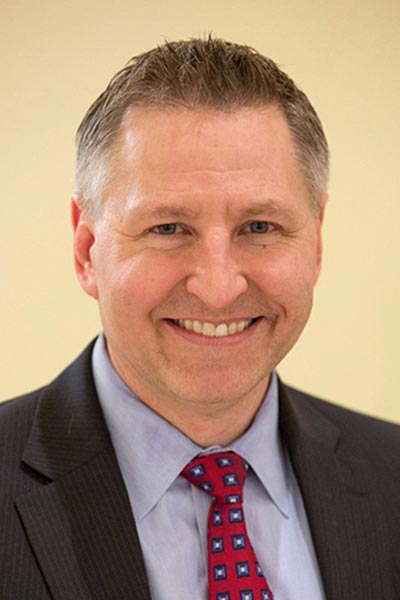
“The Regulatory Science and Policy (RSP) Track is a special opportunity for Annual Meeting attendees to learn about policies that support the rapid approval of safe and effective drugs,” said Jon Retzlaff, Chief Policy Officer for AACR. “We’re excited that the numerous RSP Track sessions will include leaders from FDA, academia, industry, and the patient advocacy community to participate in interactive discussions about the impact of regulatory science on how new cancer medicines are evaluated.”
A poster session on regulatory science and policy also will be held Sunday, April 7, from 1:30 – 5:00 p.m. PT in Poster Section 38 of the Exhibit Hall.
Discover more about these regulatory science and policy sessions below, and refer to the Annual Meeting app and online program planner for the most up-to-date details. Educational sessions and methods workshops on Friday, April 5, and Saturday, April 6, require an Educational Program Pass, which can be added to new or existing Annual Meeting registrations. Recordings of all sessions will be available on-demand via the Virtual Meeting Platform through July 10.

DC01: Navigating Laboratory-Developed Tests in Oncology: Emerging Needs and Opportunities
Saturday, April 6, 10 – 11:30 a.m. PT
Room 1, Upper Level, Convention Center*
Moderator: Anthony Letai, MD, PhD, Dana-Farber Cancer Institute
In the fall of 2023, the FDA issued a proposed rule that seeks to classify laboratory-developed tests (LDTs) as medical devices under the Federal Food, Drug, and Cosmetic Act, and phase out its enforcement discretion approach to LDTs. This session will feature an historical overview of diagnostic regulation in the United States and discuss how the FDA’s existing pilot program and regulatory framework on diagnostics can facilitate the development of personalized medicines and targeted therapies in oncology. This session will bring together key stakeholders to discuss implementation related to submitting LDT performance data during clinical studies, establishing minimum performance characteristics, and engaging clinical laboratories. Presentations will be followed by an interactive discussion between attendees and speakers to discuss the benefits and challenges of implementing this new regulatory framework for LDTs.
(*requires Educational Program Pass)

DC06: Rethinking Risk and Risk Assessment for Liquid Biopsy-Based Single- and Multi-Cancer Screening
Saturday, April 6, 12:30 – 2 p.m. PT
Room 1, Upper Level, Convention Center*
Moderator: Lauren C. Leiman, MBA, BLOODPAC
This session will discuss the ways in which cancer risk is being conceptualized in the setting of current cancer screening guidelines and how a shift in thinking and terminology may be warranted with the introduction of new single- and multi-cancer early detection technologies. There are many complexities to considering how blood-based assays are translated into practice. One such complexity is how risk is considered in a multi-cancer setting versus a single cancer setting. In addition, terminology, and notions of “high risk” may be different for individualized clinical care or public health benefit. Understanding how risk is considered in these settings will enable better targeting of tests to the patients and populations with the highest pretest probability of cancer who may stand to benefit the most.
(*requires Educational Program Pass)
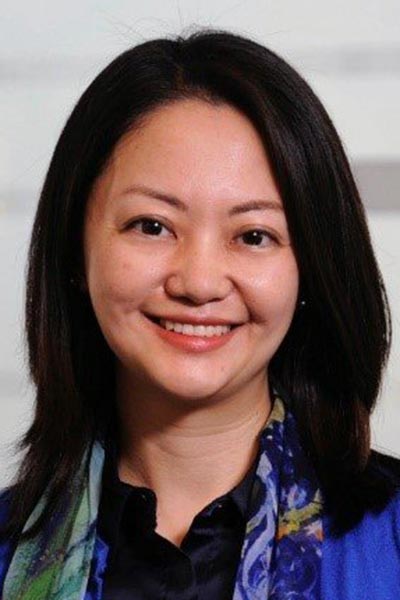
DC02: FDA’s Project Endpoint and Overall Survival in Oncology Clinical Trials
Saturday, April 6, 2:30 – 4 p.m. PT
Room 1, Upper Level, Convention Center*
Moderator: Ruixiao Lu, PhD, Alumis, Inc.
In 2022, the FDA’s Oncology Center of Excellence (OCE) launched Project Endpoint to engage stakeholders on the evolving landscape of demonstrating safety and efficacy of novel anticancer therapies. The endpoint of overall survival (OS) is universally accepted as a gold standard for oncology clinical trials because it reflects both efficacy and safety of new therapies. Project Endpoint intends to improve the rigor of OS data collection and analysis in all registrational clinical trials, as well as support early endpoint innovation to continue the timely pace of developing new treatment options for patients who need them. This session will include insights from a 2023 workshop co-organized by the FDA, the AACR, and the American Statistical Association regarding trial designs, prospective and retrospective OS analyses, subgroup considerations, and risk-benefit assessments.
(*requires Educational Program Pass)

DC10: Perioperative Pandemonium: Trial Designs in Solid Tumors
Sunday, April 7, 1 – 2:30 p.m. PT
Room 1, Upper Level, Convention Center
Moderator: Bernardo Haddock Lobo Goulart, MD, FDA Center for Drug Evaluation and Research, Office of New Drugs
A wave of randomized trials have led to approvals of immune checkpoint inhibitors (ICIs) as neoadjuvant or adjuvant therapies for resectable, early-stage solid tumors. The variability in trial designs has created challenges in the interpretation of efficacy data, with implications for regulatory decision-making and clinical practice. A major challenge is the inability to attribute the treatment effects of ICIs administered in neoadjuvant settings, ICIs administered in adjuvant settings, and attribution of surgery. These limitations have generated uncertainty as to what constitutes the optimal perioperative regimen in clinical practice and what regimen(s) should comprise the control arms of the next generation of perioperative randomized trials. This session will bring together key stakeholders to discuss the challenges and opportunities for perioperative trial designs in solid tumors.
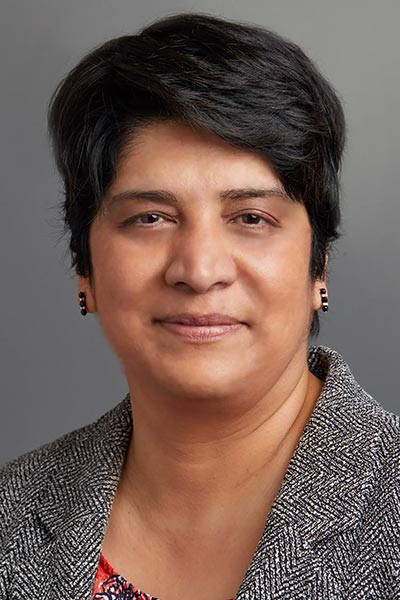
DC03: FDA Center for Tobacco Products’ Priorities to Reduce Tobacco Use and Support the Cancer Moonshot
Monday, April 8, 10:15 – 11:45 a.m. PT
Room 5, Upper Level, Convention Center
Moderator: Suchitra Krishnan-Sarin, PhD, Yale University School of Medicine
Addressing preventable causes of cancer is a key pillar of the reignited Cancer Moonshot. Tobacco use causes approximately 20 percent of all cancer cases and 30 percent of all cancer deaths across more than 18 types of cancer. Following the reignition of the Cancer Moonshot in 2022, the FDA released proposed regulations that would prohibit menthol-flavored cigarettes and all flavors of cigars, which have been submitted to the White House Office of Management and Budget as part of the final stage of the rulemaking process. Additionally, the FDA has taken unprecedented enforcement actions in the past year across the supply chain, including against e-cigarette and other tobacco product firms importing and selling unauthorized products; these actions included fines and product seizures worth millions of dollars. During this session, Brian King, PhD, MPH, the Director of the U.S. Food and Drug Administration’s Center for Tobacco Products will share the FDA’s priorities for reducing tobacco-related illness and death.
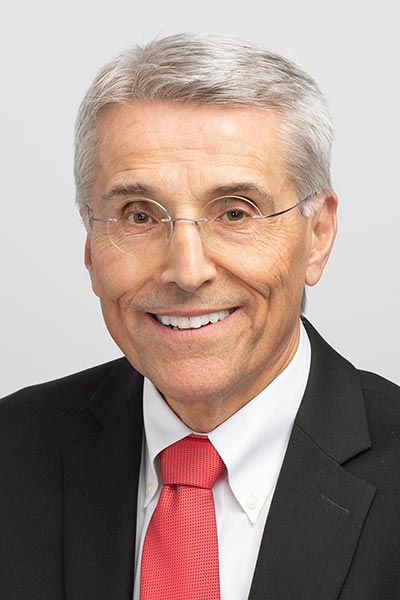
DC04: Trading Places: Regulator as Patient, Patient as Regulator
Monday, April 8, 10:15 – 11:45 a.m. PT
Room 1, Upper Level, Convention Center
Moderator: Richard Pazdur, MD, FDA Oncology Center of Excellence
Cancer is a disease with a lifetime incidence of 1 in 2 for the U.S. population. Therefore, it should come as no surprise that doctors, scientists, and regulators have personal and caregiver experience with a variety of cancers which inform their perspectives on advancing safe and effective cancer therapies. FDA panelists will discuss their personal experience after receiving a cancer diagnosis or caring for a family member with cancer. This session will explore how being a patient or caregiver has impacted how drugs and clinical trials are reviewed within the FDA. The session will also explore how being a physician or a regulator impacts being a patient or caregiver and provide perspectives from those impacted by this devastating disease including diagnosis, treatment, grief, and survivorship.
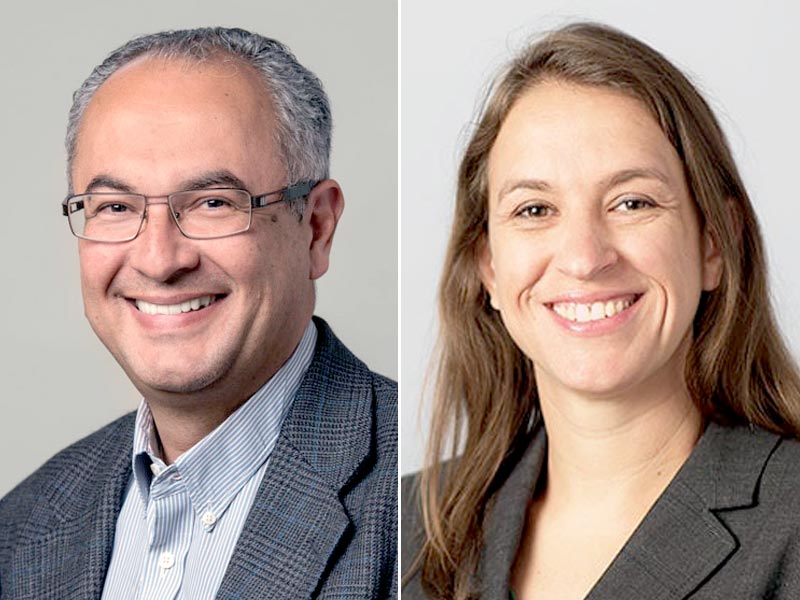
DC05: Disparities in Pediatric Oncology
Monday, April 8, 12:30 – 2 p.m. PT
Room 1, Upper Level, Convention Center
Moderator: Alejandro Sweet-Cordero, MD, UCSF – University of California San Francisco
Moderator: Lena Winestone, MD, UCSF – University of California San Francisco
This special session spotlights pediatric cancer disparities, considers mechanisms driving these disparities, and proposes system and policy-level changes necessary to overcome them. Presentations will explore structural, systemic, provider, and patient-level factors contributing to outcome disparities and will discuss ongoing efforts to elucidate root causes of care inequities among socially marginalized populations. Talks will present results from large cohort analyses and will describe efforts to systematically collect social determinants of health data from patients enrolling on clinical trials. Additionally, presentations will describe mixed methods and implementation science approaches to identifying and addressing unmet social needs and developing interventions to mitigate disparities. Finally, the session will include featured remarks and commentary from FDA experts, whereby attendees will learn about the FDA’s ongoing activities related to pediatric cancer and disparities research.

DC09: In the Eye of the Beholder: Equipoise in Cancer Clinical Trials
Monday, April 8, 2:30 – 4 p.m. PT
Room 1, Upper Level, Convention Center
Moderator: Paz Joan Vellanki, MD, FDA Center for Drug Evaluation and Research
Precision oncology has transformed cancer medicine with the introduction of targeted therapies. In today’s information age, public awareness of high and often durable objective response rates from early single-arm trials of such targeted therapies, coupled with their persuasive mechanistic rationales, can lead to a perceived loss of equipoise between the experimental targeted therapy treatment arm and standard of care control arm in a randomized control trial. In addition, the granting of accelerated approvals prior to the full accrual of pivotal randomized confirmatory trials can add to the perceived loss of equipoise. These factors can lead to behavior changes from different trial participants, including investigators and patients, as demonstrated by asymmetric early dropout, discrepancies between investigator and independent central review of disease progression data, and other issues that impact the results and interpretability of clinical trials. This panel session brings together key stakeholders to discuss what happens “when equipoise is lost.” Panelists will discuss the effects of such a (perceived) loss, how they impact study results and interpretability, and study design considerations to potentially mitigate these effects.
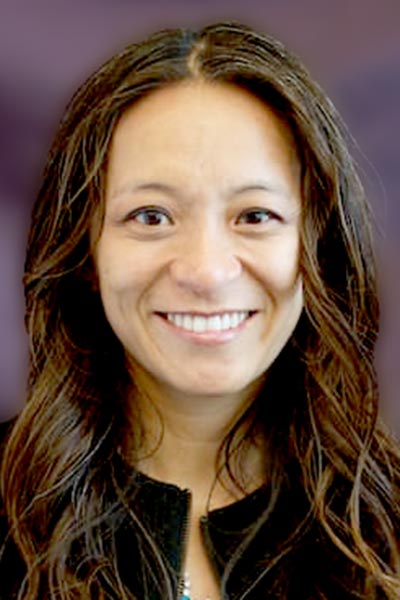
DC07: Diversity Plans in Action: FDA, Industry, and Community Perspectives
Tuesday, April 9, 10:15 – 11:45 a.m. PT
Room 1, Upper Level, Convention Center
Moderator: Bea Lavery, Genentech/Roche
In recent years, there has been sustained focus on achieving diverse representation in oncology clinical trials. The FDA hosted a two-day workshop that provided strategies for sponsors to develop diversity plans (DPs) that will inform the entire clinical trial framework, from design to post-study. The FDA acknowledges that these efforts will be a significant undertaking after publishing its Year One Experience reviewing DPs, but a necessary step to addressing healthcare disparities in the oncology community. This session will update the cancer research community on the various efforts from multiple stakeholders on the effective and collaborative strategies being used by sponsors to develop diversity plans and address the ongoing challenges.
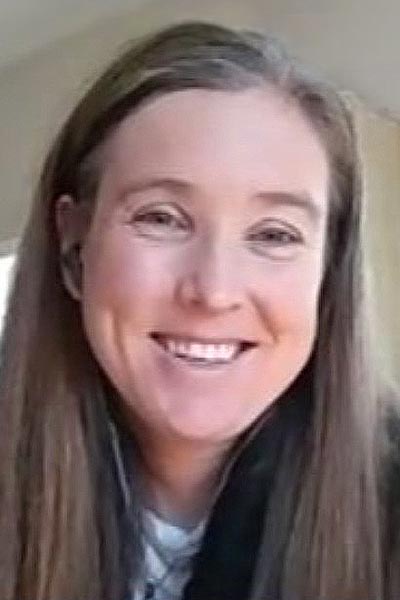
DC08: Putting the Precision Back in Precision Oncology
Tuesday, April 9, 12:30 – 2 p.m. PT
Room 1, Upper Level, Convention Center
Session Chair: Christy L. Osgood, MD, Food and Drug Administration
Recently, the FDA has approved multiple therapies for indications with biomarker defined populations. Although many of these trials were designed to investigate the efficacy and safety in the overall population, a positive risk:benefit assessment was not established in the biomarker-negative population. This session will discuss these FDA approvals and considerations for approval in a biomarker defined population versus approving for the overall population with information on differential efficacy for biomarker-positive and biomarker-negative populations included in drug labeling; study designs to adequately power assessments of both biomarker-positive and biomarker-negative patient populations; and differences in assessment based on whether the biomarker is a discrete test versus one that is tested on a continuum. This session will also incorporate patient and clinician perspectives on the importance of precision oncology.
More from the AACR Annual Meeting 2025
View a photo gallery of scenes from Chicago, continue the conversation on social media using the hashtag #AACR25, and read more coverage in AACR Annual Meeting News.

